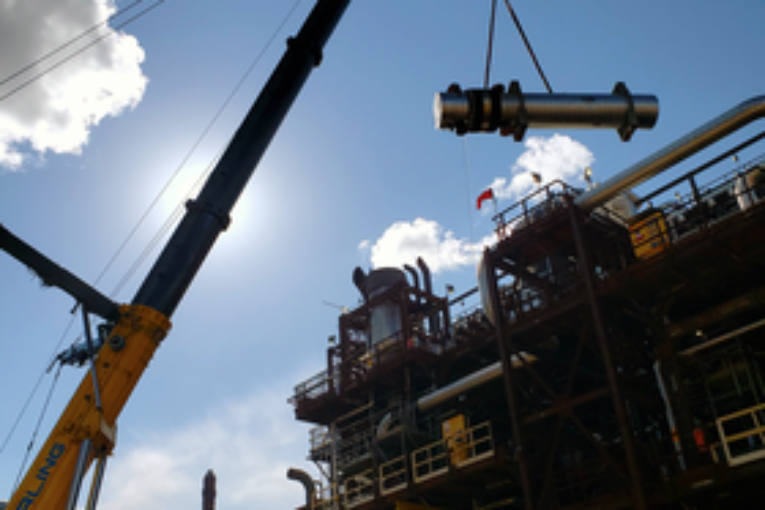
The Sturgeon Refinery has been processing synthetic oilsands crude into diesel for almost a year-and-a-half, but the project is still not ready to switch over to bitumen feedstock as per its commercial design.
Project owners Canadian Natural Resources Limited and North West Refining issued a statement this week describing the challenges the facility is facing.
The $9.5-billion refinery, which originally was expected to cost $5.7 billion, includes a gasifier unit that processes the heaviest portion of the bitumen barrel into hydrogen for the refining process. The gasifier is also designed to produce pure CO2 to be captured for enhanced oil recovery.
The project owners say that this unit is still not operating, which is why it has not yet switched over to processing bitumen.
“With complex innovation come expected and unexpected challenges,” the companies said in a statement.
“Early in the commissioning phase of the gasifier, it operated for a brief period to produce hydrogen and pure CO2. However, multiple issues arose shortly after, delaying full commissioning and start-up of this unit.
“This includes shorter than expected lifespan of the reactor burners, which are part of the high temperature process that breaks down bitumen, and stress cracking in portions of the stainless steel piping and welds.“
The refinery has been working with the company that designed the gasifier, they said. The reactor burners have been redesigned and are ready for final testing, and the focus now is on repairing damaged piping.
“There is a solution and path forward, but unfortunately the result is a further delay in switching the refinery feedstock from synthetic crude oil to bitumen. Based on challenges experienced to date, a full inspection of the Gasifier is underway. Full commercial operation is targeted by the end of 2019, assuming any new unexpected challenges are overcome without causing added delays.”
The Sturgeon Refinery has the support of the Province of Alberta through its bitumen royalty in kind program, which is expected to provide 75 percent of the project’s feedstock, while the remaining 25 percent will come from Canadian Natural.
You can read more of the news on source
